2.1m people lost jobs, and 86% of them women
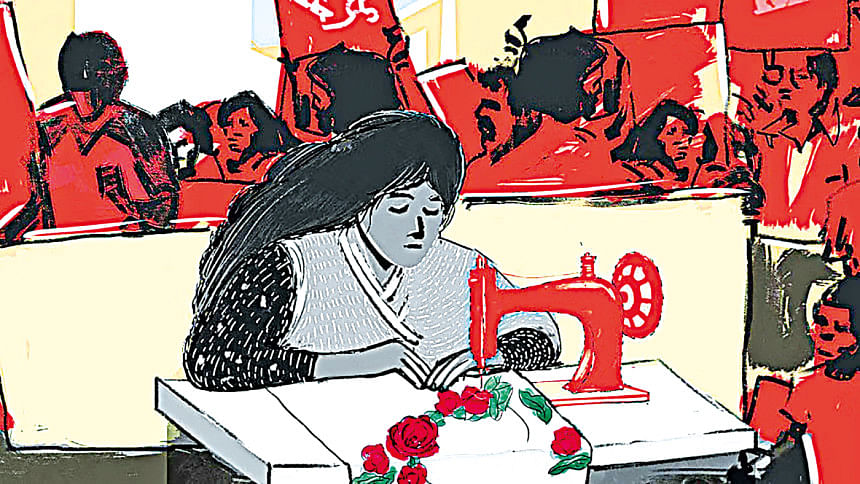
Progress in women empowerment is plateauing or reversing in key areas, found a recent analysis by the Centre for Policy Dialogue.
While 2022 government figures suggested 41 percent of women were active in the labour force, the actual participation rate is closer to just 19 percent.
This means only 19 out of every 100 women attempt to engage in economic activities -- and not all secure employment, said Towfiqul Islam Khan, senior research fellow at CPD, at an event titled "Advancing Gender-Responsive Budgeting and FfD4 Outcome".
The event was jointly organised by Citizen's Platform for SDGs, Bangladesh and UN Women Bangladesh yesterday.
Official unemployment for women was reported at 3.6 percent, but the real figure is nearly 9.7 percent, Khan said. Among young women, unemployment exceeds 22 percent.
In the first half of the ongoing fiscal year, 2.1 million jobs were lost, with women accounting for 85.7 percent of the sum, the CPD found.
Employment conditions for women remain fragile: 80.8 percent hold vulnerable jobs characterised by low productivity and poor returns.
Only 3 percent receive pensions or retirement benefits through employers.
Women also bear a disproportionate burden of unpaid care work, limiting their paid employment opportunities.
Nearly two-thirds of young women are classified as NEET -- neither in employment, education, nor training --reflecting significant underutilisation of their potential.
Overseas employment for Bangladeshi women has sharply declined. Monthly female migrant departures dropped from 8,789 in 2022 to 4,610 so far in 2025, Khan said, citing data from the Bureau of Manpower, Employment and Training.
Reports of forced labour, physical abuse and sexual harassment abroad underline the urgent need for better protection, he added.
"Bangladesh's improved Global Gender Gap ranking largely reflects women's political representation in the previous government. Economic, educational, and health indicators tell a less encouraging story. Progress in these areas remains limited compared to other countries."
Bangladesh ranks 99th overall in the Gender Gap Index, 146th in Economic Participation and Opportunity, and 129th in Health and Survival.
"Gender empowerment progress is plateauing or reversing in key areas. Gender empowerment cannot be solved piecemeal and must receive greater focus in electoral debates," Khan said.
He recommended tracking investments and policy attention in women's employment, skills, health and safety as key indicators of a gender-sensitive budget.
Though a fully integrated approach may not be possible in the next fiscal year's budget, these issues should feature prominently in upcoming discussions, he added.
Debapriya Bhattacharya, convenor of the Citizen's Platform for SDGs, underscored the urgent need for Gender Responsive Budgeting (GRB).
Women are disproportionately impacted by economic stressors like high inflation and declining private investment -- issues often downplayed in official narratives, said Bhattacharya, also a distinguished fellow at CPD.
Gitanjali Singh, UN Women Bangladesh representative, reiterated the relevance of the Beijing Platform for Action and called for institutionalising GRB across all ministries.
She emphasised priority areas such as preventing child marriage, building inclusive infrastructure and enhancing social protection, particularly in light of Bangladesh's upcoming LDC graduation.
While 44 ministries currently produce gender budget reports, the quality of data and its alignment with SDGs and climate budget coding remain inadequate for driving transformative change, said Nubayra Jeheen, programme analyst – Gender Statistics at UN Women Bangladesh.
Rekha Saha, Secretary of Central Legal Aid at Bangladesh Mahila Parishad, presented a 'Charter of Demand and Financing for Gender Equality and Women's Empowerment', developed in collaboration with Bonhishikha and supported by UN Women.
The charter advocates for enhanced women's participation, economic empowerment, representation in decision-making and more inclusive budget priorities reflecting the needs of marginalised groups.

 For all latest news, follow The Daily Star's Google News channel.
For all latest news, follow The Daily Star's Google News channel. 

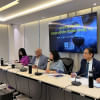
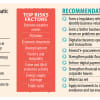
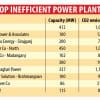
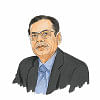
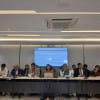

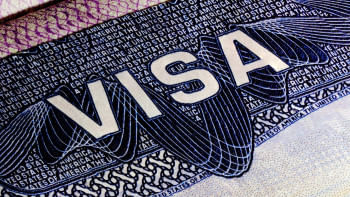
Comments